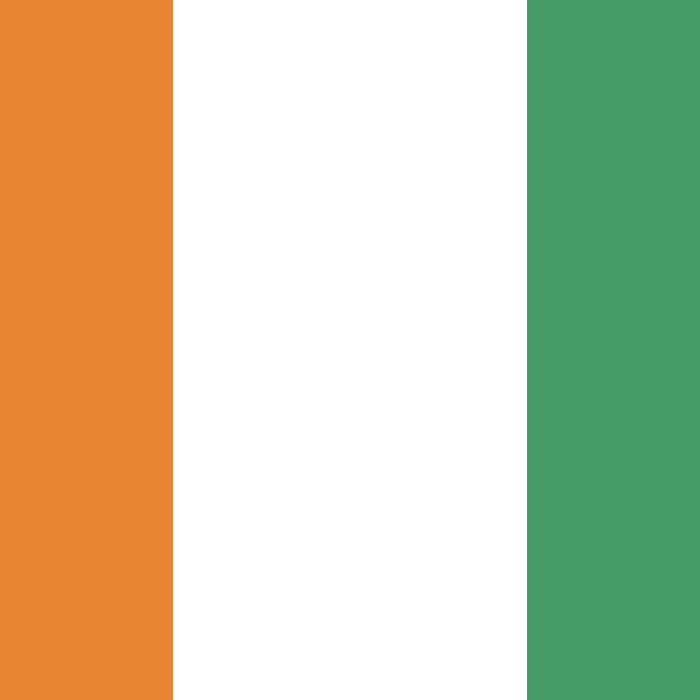Ivory Coast Seizes Growth Momentum Through African Trade Integration


Quidah is an online platform that connects investors with curated opportunities and expert insights on Africa’s emerging markets, while offering businesses promotional services, partnership facilitation, and market intelligence to attract capital and grow their operations.
Industries
The Ivory Coast is making significant strides in leveraging the African Continental Free Trade Area (AfCFTA) to enhance its trade prospects and economic growth. The government has implemented gradual tariff reductions on over 5,500 non-sensitive products, following an ordinance approved by the Council of Ministers aimed at phasing out import duties over the next decade. This strategic move is designed to deepen intra-African trade, streamline market access, and bolster the country’s position as a continental trade hub. With one of Africa’s steepest trade costs, Ivory Coast stands to gain immensely under AfCFTA, with projections suggesting national income could increase by up to 13.5% by 2035. This economic boost would position the country ahead of larger regional economies, such as Nigeria and South Africa, by virtue of improved trade efficiencies.
Simultaneously, the government has taken practical steps to empower small and medium-sized enterprises (SMEs) to compete within this evolving marketplace. These measures include national workshops designed to equip local businesses with the skills and tools necessary to export competitively across the continent. Further, a comprehensive private sector strategy for 2024-2028 outlines plans to enhance the competitiveness of Ivorian firms, helping them harness the full benefits of the free trade zone. This is particularly important in light of recent global trade tensions, including the imposition of tariffs by major economies like the United States, which have prompted African nations to intensify intra-continental economic cooperation to mitigate external shocks.
Agriculture remains a cornerstone of Ivory Coast’s trade dynamics. As the continent’s fourth-largest agricultural exporter with a healthy intra-African trade surplus, Ivory Coast’s dominance in cocoa production boosts its competitiveness within the AfCFTA framework. The government is leveraging this strength by nurturing agricultural value chains to ensure that local produce meets continental market demands while supporting rural livelihoods. Moreover, trade missions such as the recent economic delegation to Cameroon underscore Ivory Coast’s commitment to increasing regional trade partnerships, opening avenues in key sectors including agri-food, coffee, and textiles.
The emphasis on quality and compliance is driving a transition from raw commodity exports to value-added products, in alignment with Ivory Coast’s National Development Plan. Investments in regulatory coherence, customs modernisation, and infrastructure improvements along trade corridors are facilitating smoother, faster exchange of goods. This multifaceted approach reflects a long-term vision to elevate the country’s economic profile through diversified trade and industrial growth.
Business and investment opportunities abound across Ivory Coast’s strategic sectors, particularly for those engaged in agricultural processing, logistics, export services, and manufacturing. The country’s evolving trade framework offers a fertile ground for investments aimed at enhancing production standards, expanding market access, and scaling innovative solutions. Private-public partnerships and international collaborations play a pivotal role, providing the financial and technical leverage necessary to sustain Ivory Coast’s upward trajectory within Africa’s integrated markets.


